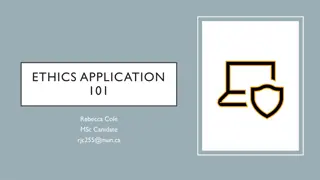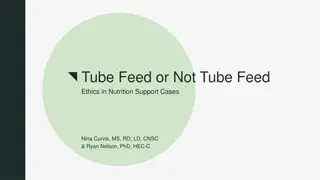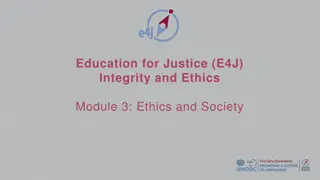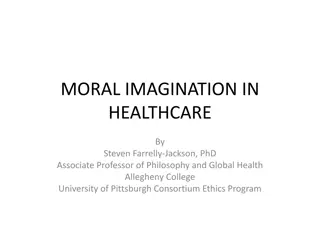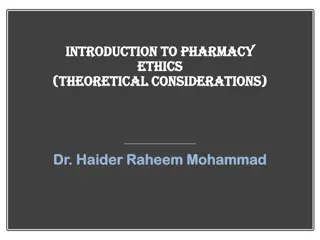
Philosophy Lectures - Introduction to Ethics, Plato, Aristotle, and David Hume
Explore a series of engaging lectures on philosophy covering topics such as Greek philosophy, ethics, meta-ethics, normative ethics, Plato's ethics, Aristotle's ethics, and David Hume's moral judgements. Delve into the realms of ancient and modern philosophical thought.
Download Presentation

Please find below an Image/Link to download the presentation.
The content on the website is provided AS IS for your information and personal use only. It may not be sold, licensed, or shared on other websites without obtaining consent from the author. If you encounter any issues during the download, it is possible that the publisher has removed the file from their server.
You are allowed to download the files provided on this website for personal or commercial use, subject to the condition that they are used lawfully. All files are the property of their respective owners.
The content on the website is provided AS IS for your information and personal use only. It may not be sold, licensed, or shared on other websites without obtaining consent from the author.
E N D
Presentation Transcript
Lecture 1 Introduction to Philosophy Philosophy: Definition, Scope & Origin Greek Philosophy Medieval Philosophy Modern Philosophy Branches of Philosophy
Lecture 2 Ethics Brach of Philosophy that deals with human conduct Ethics is from the Greek work ethos , meaning habit, character, custom Right, wrong, freedom of will, duty, moral obligation, responsibility etc. Two Fundamental Qs: 1) What is Good/Bad? 2) What is right/wrong? Conduct: Voluntary Act vs. Involuntary Act
Lecture 2 Branches of Ethics Meta-Ethics: Theoretical aspect, origin and meaning of ethical terms and statements Types of Meta-ethical theories: 1) Cognitivism 2) Non- Cognitivism Normative Ethics: Practical in nature, provides rules of actions. Rather than considering meaning of the terms good or bad, it directly asks the question, what man ought to or not ought to do? Normative theories are divided into Consequentialist / Teleological and Non-Consequentialist /Deontological theories
Lecture 2 Branches of Ethics Consequentialism: moral worth of an action depends on the consequences Consequentialist theories are of two types: Ethical Egoism and Utilitarianism Deontological theories claim that an action is good if it is done for the sake of duty. Moral worth is an intrinsic property Applied Ethics: applies conceptual tools of meta-ethics and principles of normative ethics to issues arising in bioethics, medicine, business etc.
Lecture 3 Plato s Ethics Socrates: Knowledge & Virtue Plato: Theory of Forms/Ideas Virtues of State and Soul Three parts of Soul Cardinal Virtues Justice Eudaimonia-Virtue Ethics Form of Good Happiness
Lecture 4 Aristotle s Ethics Eudaimonia Virtue Ethics Moral Virtue Knowledge & Practical Wisdom Golden Mean Pleasure Happiness
Lecture 5 David Hume Role of Reason & Sentiments in Moral Judgements Facts & Values Moral Sentiment Sentiment of Humanity ( Benevolence)
Lecture 6 Kantian Ethics Good Will Categorical Imperative Act only on that maxim by which you can will at the same time that it become a universal law, 2) treat the humanity in a person as an end and never as a means merely; 3) Third, you should act as if you were a member of an ideal kingdom of ends in which you were both subject and sovereign.
Lecture 7 John Stuart Mill Utilitarianism Hedonistic Theory of Good Principle of Utility Relation between Justice & Utility Moral Rules
Lecture 8 G.E. Moore Naturalistic Fallacy Indefinability of Good Argument by Analogy Argument through Dilemma
Lecture 9 A.J. Ayer Principle of Verification-Criterion of Meaning Can ethical Propositions be Verified? Subjectivism Utilitarianism Absolutism Emotive Meaning of Ethical Terms
Lecture 10 C.L. Stevenson Requirements for Defining Good Descriptive Use of Language Dynamic Use of Language Relation between Emotive Meaning and Dynamic Use of Language




